Comparative Psychology: Definition, Examples, and Research
What studying animal behavior can tell us.

What studying animal behavior can tell us.

Quotes on emotional intelligence offer powerful insights into understanding and managing emotions. Explore how these words can inspire personal growth and better relationships.

Sigmund Freud’s words offer profound insights into the human mind and behavior. Explore his most famous quotes and the ideas that shaped modern psychology.

Psychoanalysis delves into the unconscious mind to uncover hidden thoughts and desires. Explore how this influential theory has shaped our understanding of behavior and mental health.

Albert Bandura revolutionized psychology with his theories on learning, self-efficacy, and social behavior. Explore his life’s work and how it continues to influence our understanding of human development.
B.F. Skinner’s groundbreaking work in behaviorism transformed psychology. Explore the life and theories of the man who reshaped our understanding of learning and human behavior.

Psychological experiments can tell us a lot about the human mind and behavior. Some of the best-known experiments have given us insights into topics such as conformity, obedience, attachment, and learning. There are many famous (and sometimes infamous) psychological experiments that have helped shape our understanding of the human mind and behavior. Such experiments offered…
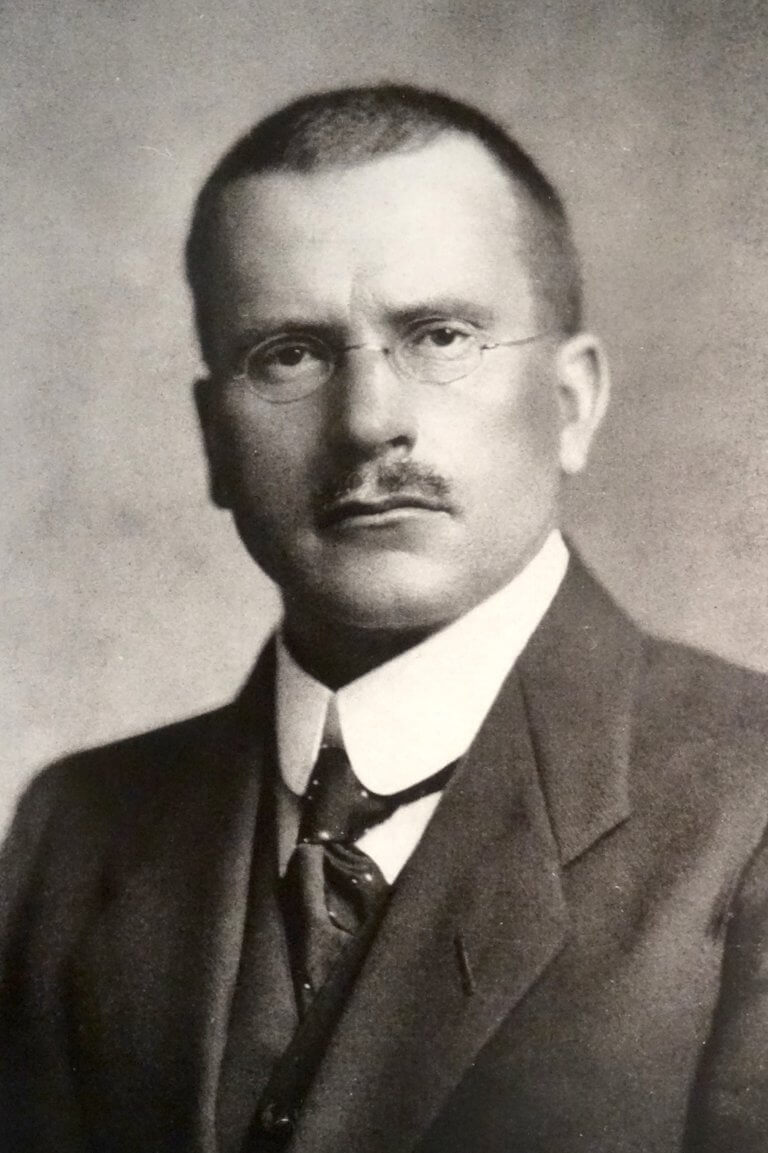
Who was Carl Jung and how did his ideas reshape the way we understand the mind? Explore the groundbreaking theories that continue to influence psychology and personal growth today.
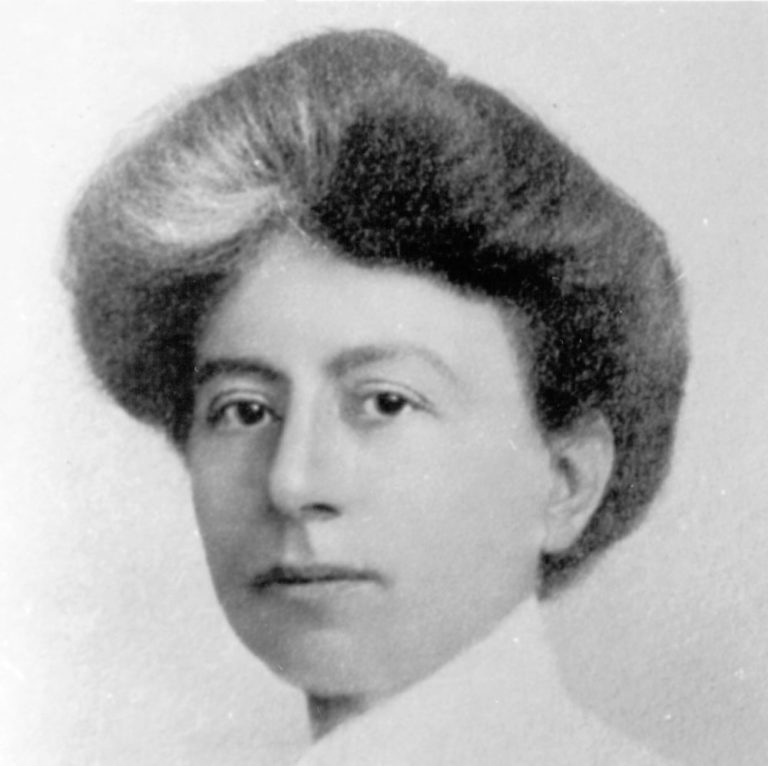
Margaret Floy Washburn was an important early psychologist who is notable for being Edward B. Titchener’s very first graduate student. Like other women psychologists of her time, she faced considerable discrimination in the pursuit of her studies and career, yet she managed to leave an important mark on the field as a respected teacher, writer,…
Christine Ladd-Franklin was a pioneering American woman psychologist and mathematician. Though she completed a dissertation at John Hopkins University, the school would not grant women doctorate degrees at that time. Among her accomplishments, she was known for developing her own theory of color vision. Christine Ladd-Franklin’s Early Life Christine Ladd was born in Connecticut on…
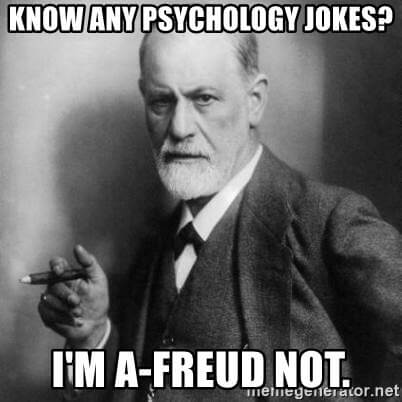
Do you enjoy psychoanalyzing the people around you? Does interpreting dreams sound like fun? Are you inspired by the work and theories of Sigmund Freud? Here is a tongue-in-cheek list of a few signs that you might be the next great psychoanalyst. (Disclosure: I am neither a psychoanalyst nor a comedian.) The Bottom Line Analyzing…
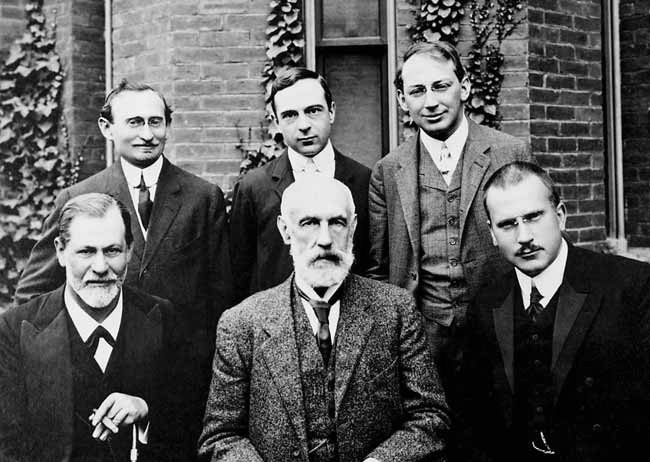
From Freud to Skinner, meet the famous psychologists whose groundbreaking ideas transformed our understanding of the mind and behavior.

Structuralism, an early school of thought in psychology, aimed to decompose the human mind into its most basic components. By analyzing individual elements of consciousness, it sought to understand the structure of mental processes. Key Takeaways What Is Structuralism in Psychology? Structuralism is an early school of psychology founded by Wilhelm Wundt and popularized by…

There are many important events that have had a powerful influence on the history of psychology. The following are just a few important dates in psychology that mark significant events and milestones. On February 24, 1913, John B. Watson delivered his lecture, Psychology as the Behaviorist Views It, at a meeting of the American Psychological…
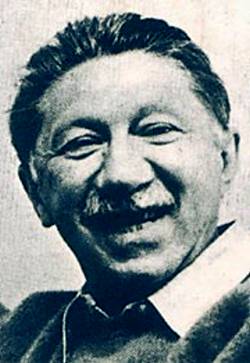
Abraham Maslow was an influential American psychologist who founded the school of thought known as humanistic psychology. His famous hierarchy of needs describes how people are motivated by increasingly complex needs. Maslow was inspired to develop his theory by his dissatisfaction with some of the major theories of psychology that existed at the time. He…

Diana Baumrind is a developmental psychologist who is perhaps best-known for her research on parenting styles and her writings on ethics in psychological research. Through her work, she identified three primary styles of parenting. Two critical factors that she looked at during her research included how responsive parents were to their children and the demands…
Psychologist Carol Dweck is considered a pioneering figure in the study of human motivation. She is perhaps best known for her research on implicit theories of intelligence and how mindsets influence motivation and success. In this article, learn more about her life, work, theories, and influence on psychology. Early Life and Education Carol S. Dweck…

If you are looking for some inspiration and insight into the human experience, this selection of Carl Rogers quotes can give you something to reflect on. Carl Rogers was a humanistic psychologist who played a key role in the development of psychology. He developed an influential non-directive approach to psychotherapy known as client-centered therapy. His…